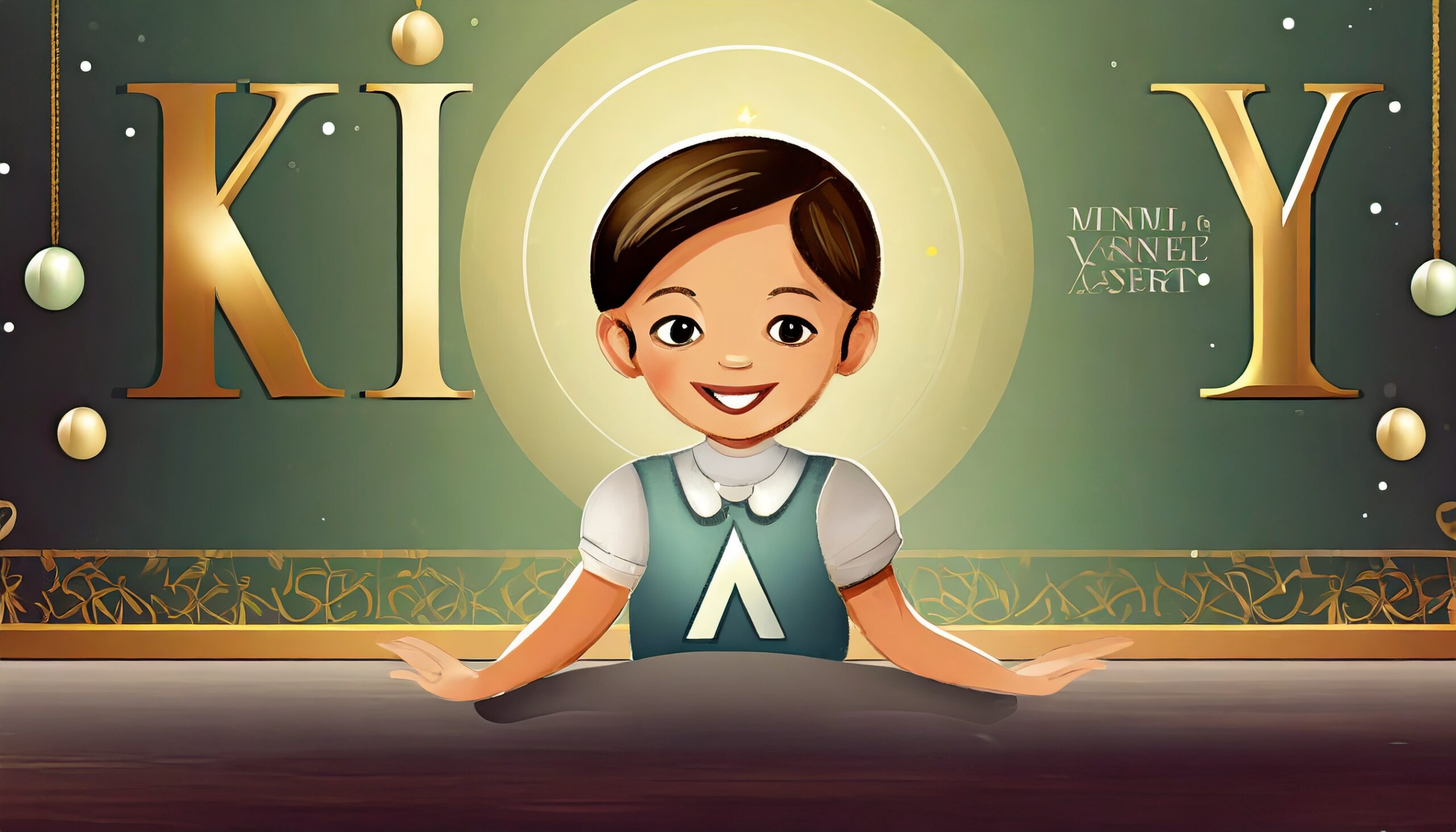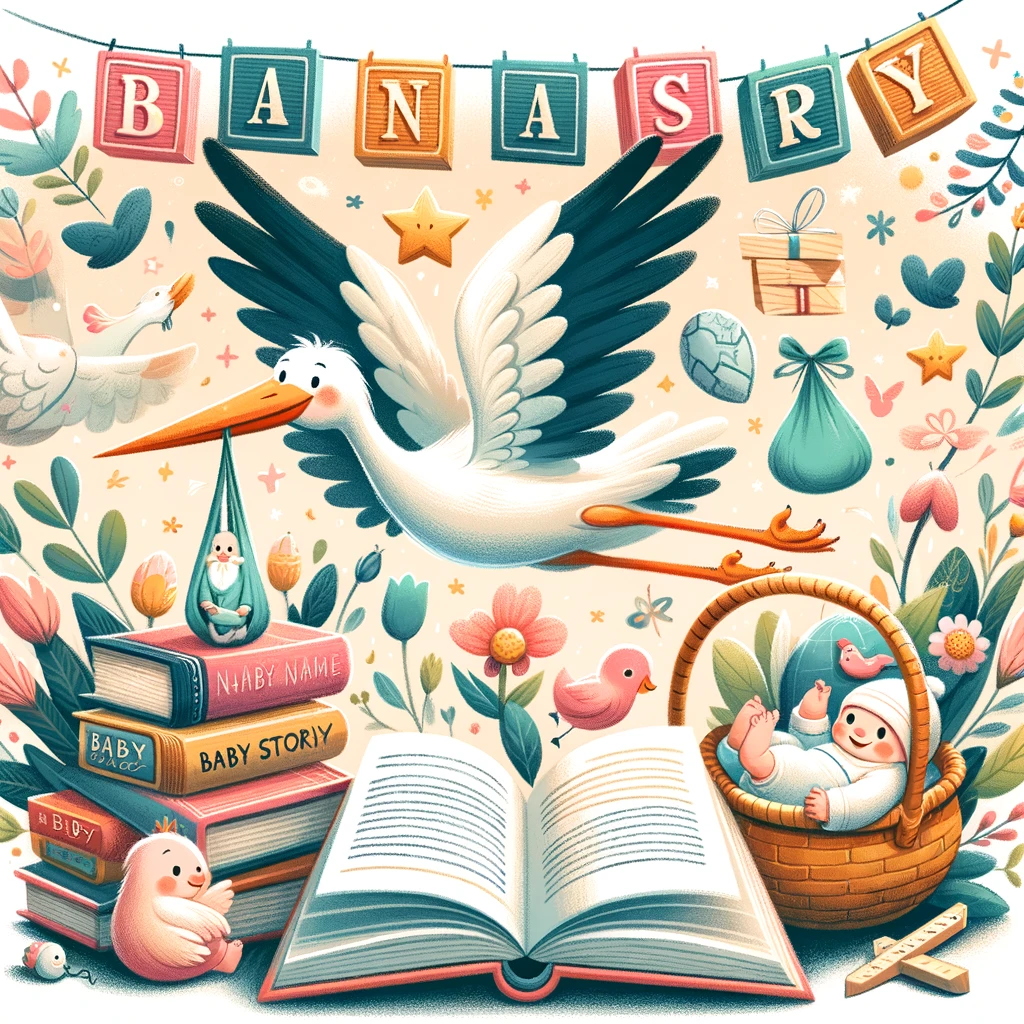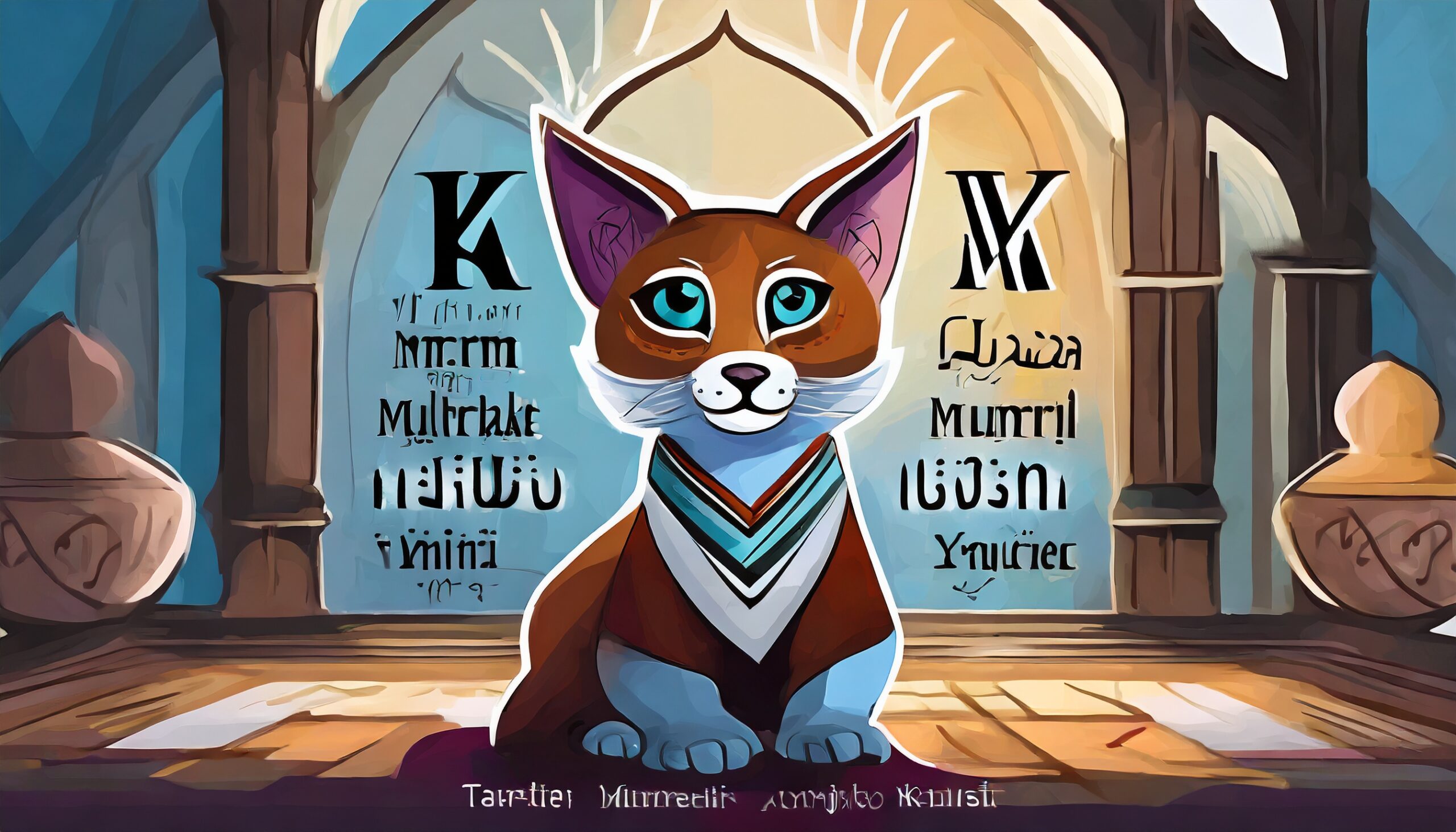The Middle Ages, a period spanning roughly from the 5th to the late 15th centuries, was a time of profound cultural and social development. Names during this era were not just identifiers but also held significant meanings and reflected the societal norms and cultural influences of the time. In this guide, we delve into the fascinating world of Medieval Names, exploring their origins, meanings, and the stories they tell about the era they represent.
Key Insights:
- Cultural Reflection: Medieval names often mirrored societal roles, occupations, and virtues.
- Historical Significance: Many names have roots in historical events or figures from the Middle Ages.
- Gender-Specific Trends: There was a clear distinction in naming conventions for boys and girls, with each carrying specific connotations and meanings.
- Rise of Unique Names: The Middle Ages saw the emergence of unique names, influenced by literature, religion, and folklore.
Medieval Names for Boys
The names given to boys in the Middle Ages often carried strong connotations of power, bravery, and virtue. These names were not just mere labels but were seen as integral to a child’s identity and future.
Popular Medieval Boy Names
- Alaric: German for “ruler of all,” reflecting the era’s emphasis on leadership and strength.
- Archibald: Meaning “genuine, bold, brave” in German, indicative of the valor idealized in medieval society.
- Arthur: A name of Celtic origin meaning “bear; strong man,” famously associated with the legendary King Arthur.
Unique Medieval Boy Names
- Drogo: An Old German name meaning “to bear” or “to carry,” possibly reflecting the responsibilities expected of boys as they grew into men.
- Eldric: Meaning “wise ruler” in English, highlighting the value placed on wisdom and leadership.
- Kenric: An Anglo-Saxon name meaning “fearless leader,” emphasizing the virtues of courage and leadership.
Medieval Names for Girls
In contrast to boys, girls’ names in the Middle Ages often had connotations of beauty, grace, and virtue. These names were reflective of the societal expectations placed on women during this period.
Common Medieval Girl Names
- Adelaide: A German name meaning “noble kind,” reflecting the societal emphasis on nobility and grace for women.
- Ella: Meaning “all” in German and “goddess” in Hebrew, showing the reverence for feminine qualities.
- Genevieve: A name of Welsh origin meaning “white wave,” often associated with purity and beauty.
Unique Medieval Girl Names
- Isabeau: A French name meaning “pledge to God,” reflecting the religious influences of the time.
- Ursula: Latin for “little bear,” a name that combines strength with endearing qualities.
- Euphemia: Greek for “well-spoken,” highlighting the value of eloquence and grace in speech.
Gender-Neutral Medieval Names
The Middle Ages also saw the use of gender-neutral names, which were often inspired by virtues, nature, or occupations.
- Peregrine: Latin for “traveler,” a name that could reflect a family’s hopes for their child’s future.
- Quentin: Meaning “fifth-born child” in Latin, showing the practice of naming children based on birth order.
- Clement: A name of Latin origin meaning “merciful,” indicative of the virtue of mercy valued in medieval society.
The Cultural and Historical Significance of Medieval Names
The names from the Middle Ages are not just relics of the past; they are windows into the lives, beliefs, and values of medieval society. Each name tells a story, reflecting the cultural, religious, and societal norms of the time.
- Cultural Influences: Names like Isabeau and Euphemia show the influence of religion and the church, which played a central role in medieval life.
- Historical Impact: Names such as Arthur and Alaric are steeped in legend and history, echoing the tales of kings, warriors, and mythical figures that shaped the medieval worldview.
- Social Structure: The names also reflect the rigid social hierarchy of the Middle Ages, with names like Adelaide and Archibald indicating noble lineage and societal status.
These names are not just historical artifacts; they continue to influence modern naming trends, offering timeless appeal and a sense of connection to the past.
FAQs
What is the origin of medieval names?
Medieval names often originated from a variety of sources, including ancient languages like Latin and Germanic, biblical references, and even nature. They were deeply influenced by the cultural, religious, and social milieu of the time.
How did culture and history influence medieval names?
The culture and history of the Middle Ages greatly influenced naming conventions. Names were often chosen to reflect virtues, religious beliefs, or to honor historical figures and legendary heroes.
Were certain names popular during the Middle Ages?
Yes, certain names were quite popular during the Middle Ages. For example, names like William, Robert, and John for boys, and Mary, Elizabeth, and Catherine for girls, were commonly used due to their royal and biblical associations.
Conclusion
The exploration of Medieval Names offers a fascinating glimpse into a bygone era, revealing much about the cultural, social, and historical fabric of the Middle Ages. These names are not just a means of identification but are rich with meaning, reflecting the values, beliefs, and stories of the time. They continue to inspire and influence modern naming trends, connecting us to a past that shapes our present and future.
The exploration of Medieval Names offers a fascinating glimpse into a bygone era, revealing much about the cultural, social, and historical fabric of the Middle Ages. These names are not just a means of identification but are rich with meaning, reflecting the values, beliefs, and stories of the time. They continue to inspire and influence modern naming trends, connecting us to a past that shapes our present and future.
Sources / Additonal Information:
Discover More About Medieval Society
Explore the World of Medieval Literature
https://www.representingchildhood.pitt.edu/medieval_child.htm
https://www.familyeducation.com/baby-names/105-classic-literary-baby-names-for-girls-and-boys







Bir yanıt yazın